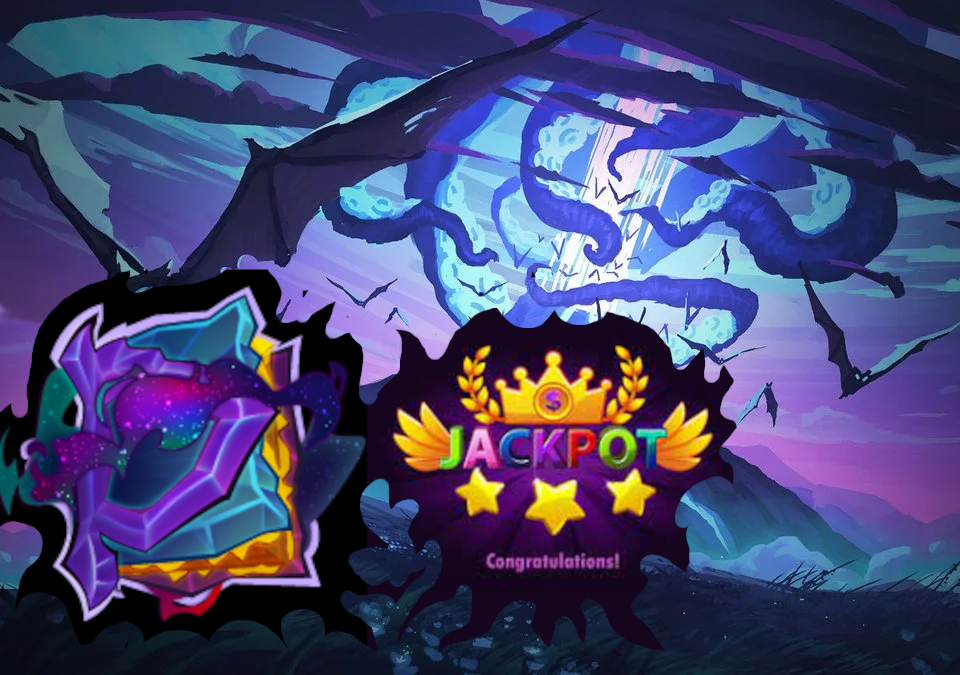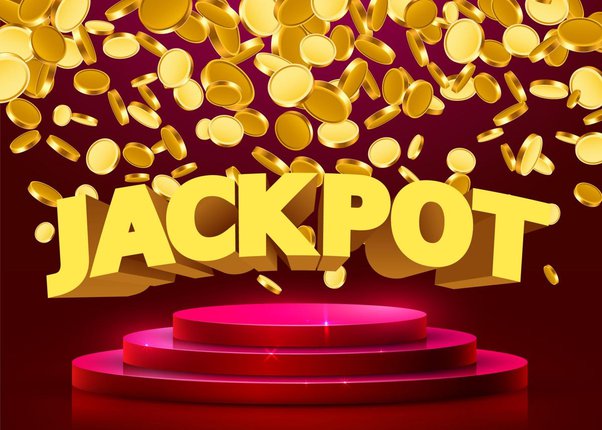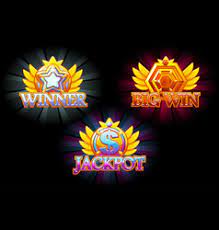Jackpot Theory and Why Not Everyone Can Profit at Splinterlands

I have been reading a lot about the Jackpot theory of incentives. In Splinterlands, a player has many options to collect resources and each option comes with a different set of risks. Here is a list of the most common ways to earn in Splinterlands:
Packs (Gambling on rng)
Rewards (Grinding for rng)
Tourneys (Gambling on skill based events)
Marketplace (Rakes in the form of small predictable percentage losses)
All of these options should provide rolling revenue to Splinterlands, but will undoubtedly produce winners and losers on a scale (differing for each option). Keep in mind there are so many less common ways to earn like renting, liquidity pools, botting, playing the market, airdrops etc. These are all intricate systems that I think Splinterlands understands and does well, but too many people are assuming its a 100% winners system: which it is not. I think this is one of the biggest fundamental flaws with the play to earn model: NOT EVERYONE WINS.
If expectations of earning are reset or at least realistic, the losses feel different and the rewards feel like a bonus game within a game.
As @AinzOowlGown said on the Splinterlands discord:
Ainz Oowl Gown — Yesterday at 11:29 PM
im not.im sure im always on the losing side of the table.
williamhessian/DeeplurkerJockey — Today at 11:32 PM
Well, you are important and valuable to the system. We need to all be able to win and lose, and hopefully enjoy the ride. The consistent complaints is that the system is heavily weighted to the whales, and therefore newer players take more losses, while top holders soak up the wins.
Ainz Oowl Gown — Yesterday at 11:33 PM
finally someone said it! thank u brother for voicing my thoughts! im having a hard time speaking in english, im almost loosing my blood typing this one 🤣

When we focus on earning, quickly the discussion centers around the question of Return on Investment. And when we talk about Return on Investment we must also talk about TIME. Because even if the ROI is 500X, if it takes 900 years it doesn't do us much good. Therefore I want to address each earning options below, remembering that this is specific to the game economics of March 2022, and that usually these aren't done individually.
Packs (Gambling on rng)
Players seem to inherently understand that opening packs is a gamble, and that losses are part of the experience. The jackpot of a Gold Foil Legendary is the desired outcome that skews the expected value of a pack of cards, but also add the fun and drama to this type of purchase. Packs cost money and are generally a loss, and everyone knows this. Fortunately its a loss with a lot of utility as the cards are valuable for playing, even cards that hold relatively small value and may appreciate over time. Packs are instant, fun, and give you a dopamine hit chasing the jackpot.
Rewards (Grinding for rng)
Any player once they buy their $10 spellbook can start earning rewards in the form of battle rewards, daily chests, and end of season rewards. At the initial bronze ranks it can be a very small amount of rewards, and the ROI on your $10 seems to keep getting worse for new players (partially due to changes to reduce bot accounts). Rewards is like free money, but it does ask for signficant and a consistent expendature of time. I often hear players with significant resources simply skipping rewards altogether because they produce insignificant resources. Splinterlands is constantly trying to find the right balance of dolling out rewards to different players at different levels, and it has never felt balanced to me (sometimes too low and sometimes too high). Right now it is really hard to tell anyone to join if they only want to grind, because the $10 ROI is tremendously bad, and the time it takes to climb out of bronze rank is a huge investment with very little reward. Six months ago it was the opposite, so things can change. But for now, I try to think of rewards is just an extra freebie resource that trickles in as a bonus for participating in other aspects of the game. There is still a chance to hit a Gold Foil Legendary or a pack of cards once you get past bronze, so you can hit a jackpot with this option. But the real highlight here is you cannot lose, you can only win with rewards as long as you are willing to spend your time.
Tourneys (Gambling on skill based events)
Skill based events are always important in card games. Esports can come from competitve play and high profile players can create in game celebrities that will always help the popularity of any game. Once again, players know that skill based events can be a loss. We do run into the classic CCG issues: Pay to Win. Players with more expensive cards and bigger collections have a much bigger probability to win a tournament. Which means the SKILL part of these tournaments are skewed. Currently there is a great push inside of Splinterlands to refine the tournament structure so that all players have viable tournaments to participant in and that the playing field is leveled to truly test skill (thanks Weird Beard). Tourneys are a great way to enjoy the game, learn and test skill, and potentially win resources. We understand pretty clearly that tourneys are another way to lose at this game, even if prize pools are pretty favorable. A jackpot would be winning a tournament, but you surely need to earn it.
Marketplace (Rakes in the form of small predictable percentage losses)
I think of the market as one of the beautiful bones that this game is built upon. It is smooth, avialable and give me the feeling that there are always a million options. I always tell new players that you really want $20 to start this game. $10 for the spellbook and $10 to rent and buy cards as you go. Just a few purchases make a huge difference in rewards and progress and it is a really fun and skillbased aspect of the game. At the same time, the house does take a rake of each sale (as it should) and it can be easy to buy an ineffective card, or a card that is levelled up to high or doesn't synergize with your current cards and basically negate the returns on the purchase. You can definately lose playing the market, even just as far as using money to advance your team. especially if you are renting. Yet with proper research and calculations it can be really easy to make a few good moves in the market and find yourself making consistent progress but in collection power, rewards and rank. There is very little jackpot possibilities here, unless the cards you buy spike in price, but can set you up for jackpots in tourneys or rewards chests.
Conclusion
It is super important to understand that in Play to Earn games, that there are ways that many players will Play to Lose. Each game is different, but if you will lose money in Splinterlands if you are an unlucky gambler, if you make uneducated decisions, and if you play badly. In Splinterlands you will also lose a lot of time if you do not invest anything into the game. This means that in Splinterlands a lot of people will be losing time and a lot of people will be losing money. You do not need to be either of those types of players, but then you are committing yourself to spending a considerable sum of money, and a considerable amount of time learning and understanding the game and the markets to make sure you fall above the break even line. Chase jackpots if it is worth it you, and grind it out if it is worth it to you, but remember that you are choosing potentially losing paths. Splinterlands basically has tought us you need to invest into the game to earn, and you need to understand and research the game if you want to thrive.
.jpg)
What do you think?
Am i missing some big important points?
Do you chase the jackpots?
How do you ensure you win?
Play to Earn or Play to Lose?
I think a lot of us can relate. Sharing this on Splinterlands Digest Twitter.